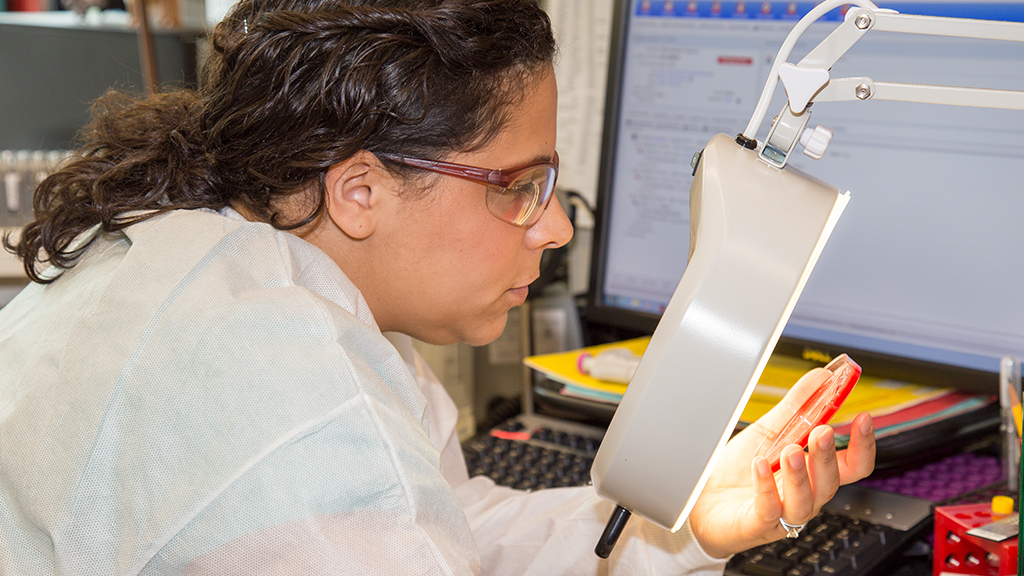The Critical Role of Veterinary Labs in Pet Care
The Critical Role of Veterinary Labs in Pet Care
Blog Article
The health of pets is a top priority, and keeping them healthy requires effort. Veterinary laboratories are invaluable resources in ensuring proper care for household animals.
Here, we’ll discuss why pet diagnostics are vital and highlight the most common exams.
Understanding Pet Diagnostic Centers
Diagnostic labs for pets support veterinary care for testing biological materials. Vets rely on their findings to ensure timely interventions.

How it works usually includes:
- Gathering biological samples: Tissue or fluid samples are gathered during visits.
- Advanced diagnostics: Modern technology deliver diagnostic insights.
- Reporting outcomes: Insights guide care plans for your pet’s benefit.
Key Diagnostics for Pet Health
Pets benefit from a range of diagnostic services to detect illnesses early. Frequently used procedures include:
- Blood tests: Detect anemia or chronic conditions.
- Urinalysis: Spot urinary tract infections.
- Fecal analysis: Detect worms or parasites.
- Allergy testing: Diagnose food or environmental allergies.
- Radiographic evaluations: Evaluate bone and joint health.
Why Diagnostic Exams Are Essential
Consistent lab work ensures better outcomes. By addressing concerns promptly, you can prevent serious conditions.

Why diagnostics matter include:
- Better disease management: Pets live happier, healthier lives.
- Avoiding costly emergencies: Early detection reduces expenses.
- Knowing your pet is well: You’ll know they’re thriving.
laboratório clínico veterinárioclínica e laboratório veterinário da villa
The Value of Diagnostics for Pet Owners
Veterinary labs help pets live long, healthy lives. Through proactive diagnostics, you protect their well-being.
Schedule a diagnostic exam now and keep them healthy and thriving!
Report this page